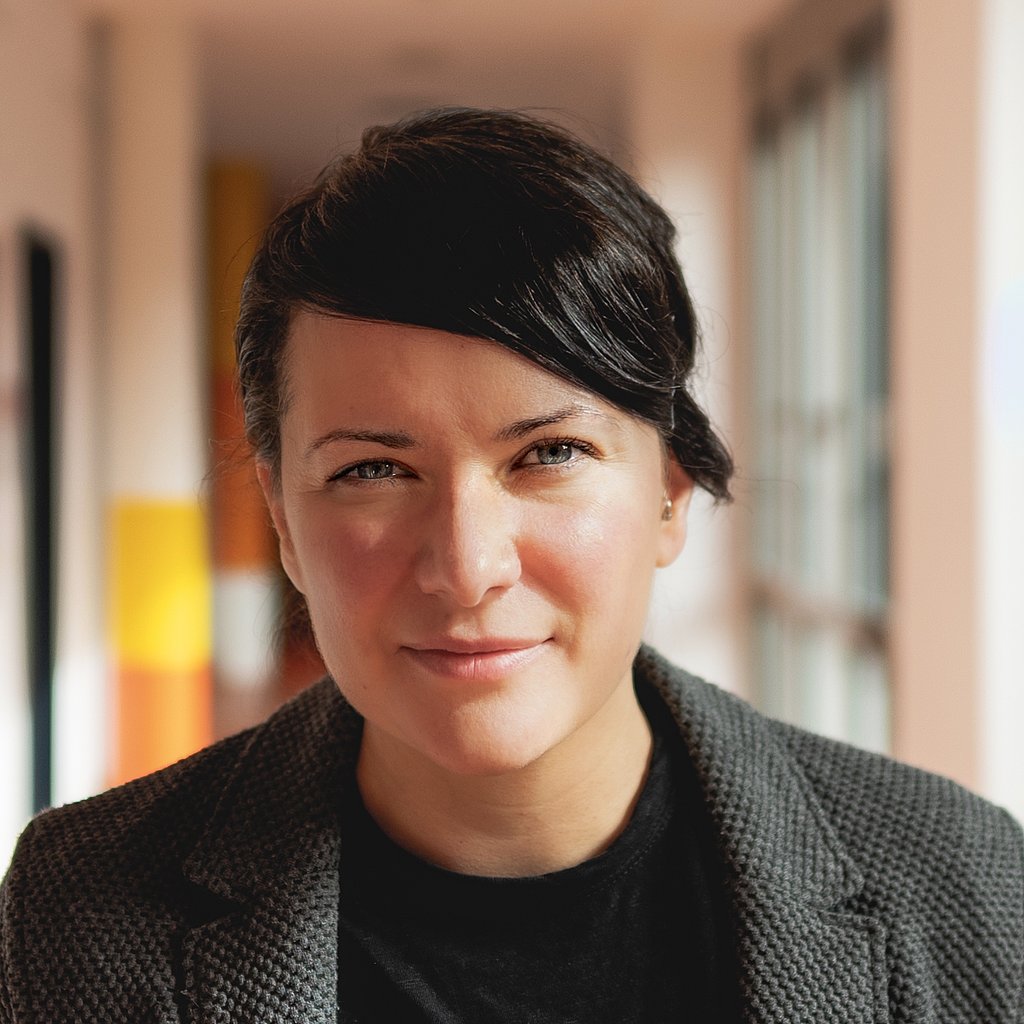Prof. Dr. Dr. Hürrem Tezcan-Güntekin was appointed as a member of the Expert Commission for the Ninth Report on Ageing and the older Genration of the Federal Government by the Federal Minister for Senior Citizens, Lisa Paus, on July 6, 2022. Hürrem Tezcan-Güntekin is a professor at ASH Berlin for interprofessional action approaches with a focus on qualitative research methods in public health and, among other things, a member of the expert committee "Age and Care" of the German Association for Public and Private Welfare.
Professor Tezcan-Güntekin, congratulations on your appointment to the Expert Commission! What specific task will you take on in the commission?
Together with other members of the commission, I will probably contribute to three focal points under the cross-cutting topic of intersectionality: first, access to care for older people with a migration background; second, the social and health-related participation of LGBTIQ* persons; and third, opportunities for caregiving relatives to participate. We will analyze the current situation and future developments in workshops and expert discussions and contribute them to the Report.
What expertise and interests do you bring to the commission?
I have been researching for ten years now on the topics of "Diversity-sensitive care" with a focus on "Dementia and migration", "Transnational health care for chronically ill people", "Ethical aspects of nursing care and research" and for a couple of years on the topic of "Initial care after sexualized violence and violence in couple relationships". I bring to the Commission a great interest in clearly naming and making visible realities, such as racism and discrimination, rather than vaguely paraphrasing them or subsuming them under "barriers," as has often been done in public health and nursing research in recent decades.
The theme of the Ninth Report on Ageing is "Growing Old in Germany - Potentials and Opportunities for Participation." What is your vision for the future of equitable participation by the older generation?
A central aspect is the reduction of social and health inequalities, although these dimensions are also often interrelated, as is already known from research on social determinants of health. Interconnections of diversity characteristics potentially leading to discrimination, such as poverty, education level, own or family migration experience, experiences of racism, sexual orientation, gender identity, among others, which can be subsumed under the term intersectionality and are not always visible, must be made visible on the one hand and reduced on the other with regard to social and health participation. Since these are often related to traditional power structures, the current Ageing Report's focus on diversity provides an opportunity to take a power-critical look at people's opportunities for participation. It is particularly gratifying that the commission for the Ageing Report makes this intersectional perspective possible and that the composition of the commission promises fruitful and exciting discussions.
Recently published scientific papers by Prof. Dr. Dr. Hürrem Tezcan-Güntekin:
Healthcare Provider Perspectives on Digital and Interprofessional Medication Management in Chronically Ill Older Adults of Turkish Descent in Germany: A Qualitative Structuring Content Analysis https://www.frontiersin.org/articles/10.3389/fpubh.2022.838427/full
Ethical and Methodological Challenges in Research With Hard-to-Reach Groups: Examples From Research on Family Caregivers for Migrant Older Adults Living With Dementia https://academic.oup.com/gerontologist/advance-article/doi/10.1093/geront/gnab179/6455354
Back to Care: Between "Should", "Want" and "Can" - Professional Identities of Nursing Professionals in Crisis Situations Using the Example of the Sars-CoV-2 Pandemic https://www.thieme-connect.com/products/ejournals/abstract/10.1055/a-1531-5079
Intersectionality and its relevance for research in dementia care of people with a migration background https://trebuchet.public.springernature.app/get_content/c8a1ceb7-3bea-4830-97eb-5fe075621bb5
About the Ninth Ageing Report of the Federal Government:
The Federal Government's policy on senior citizens aims to enable older people in all their diversity to lead independent, self-determined lives and to ensure social participation. In doing so, it is important to identify the characteristics that make differences to the living situations and participation opportunities of older people and which should therefore be monitored particularly closely. Against the background of the major trends of our time, factors have been added that also need to be taken into account. The Ninth Commission on the Report on Ageing is to draw up a picture of the situation of older people in Germany and, above all, to make recommendations to politicians at all levels of government on how to ensure the necessary opportunities for participation in old age throughout Germany.
Press release of the BMFSFJ "Minister Paus appoints Ninth Ageing Report Commission".
The questions were asked by Susann Richert.



